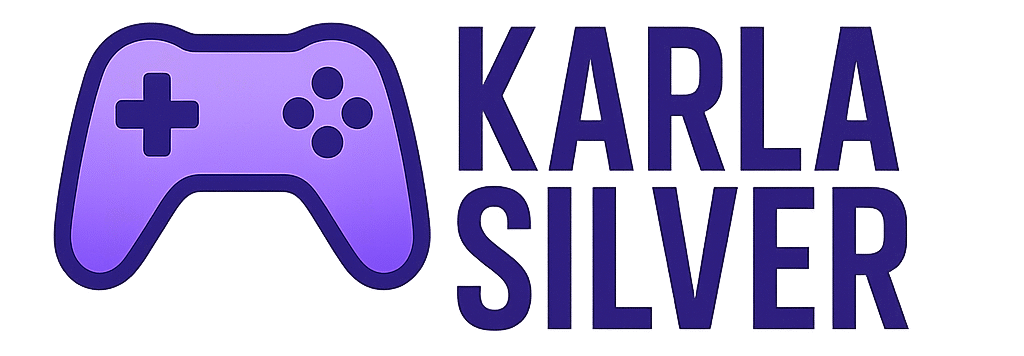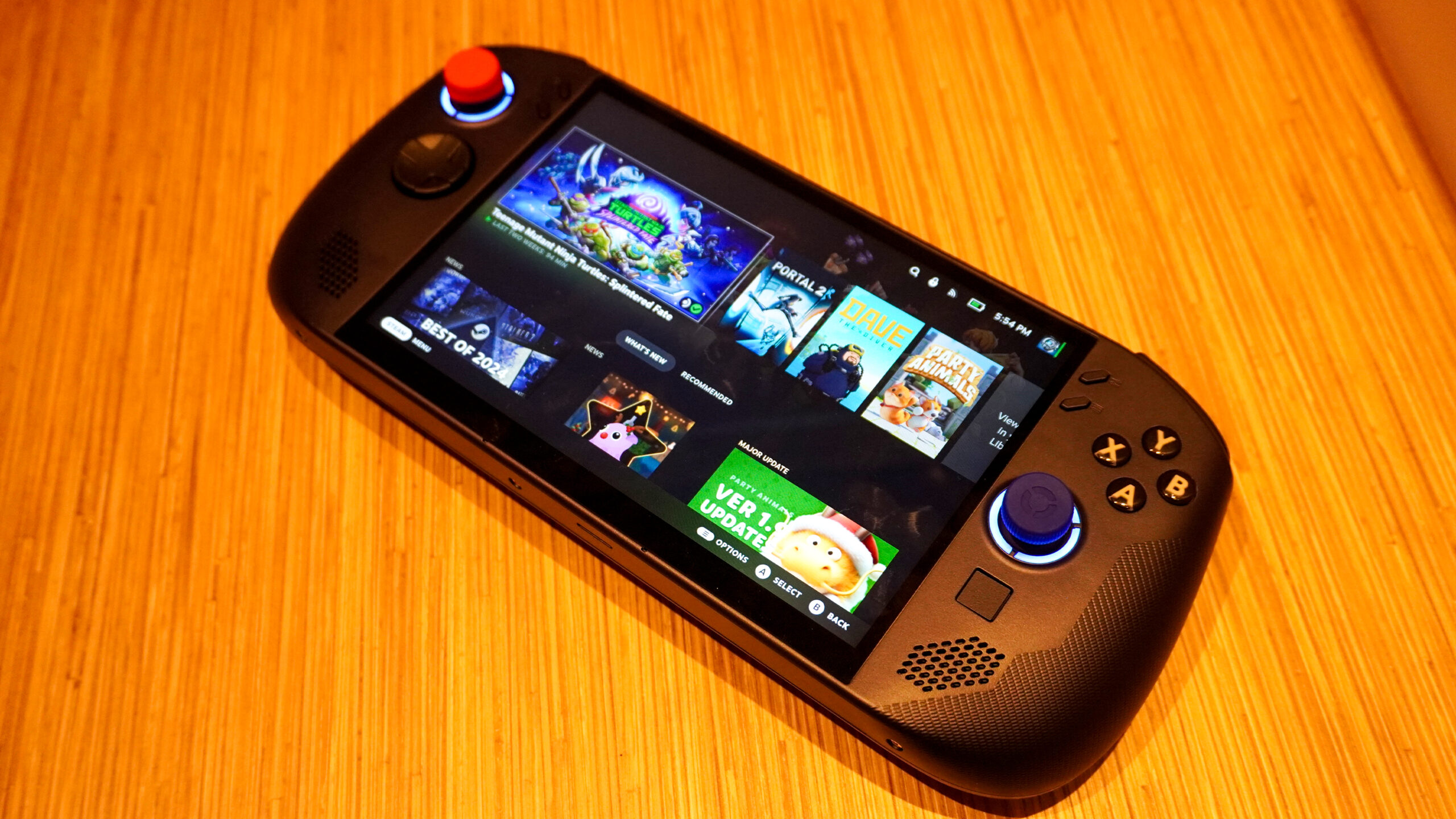The Steam Deck 2: Why It Doesn’t Need To Happen Because Valve Will Win Either Way
The gaming landscape is constantly shifting, with innovations propelling the industry forward. Among the plethora of devices, Valve’s Steam Deck has made a notable impact, raising questions about the necessity of a sequel.
Despite the clamor for a Steam Deck 2, it’s worth considering whether it’s essential, given Valve’s already strong position. Let’s delve into this conundrum and explore the future of handheld gaming with Valve’s potential strategy.
What is the importance of the Steam Deck in the handheld gaming market?
The release of the Steam Deck has been a game-changer in the realm of portable consoles. Its ability to deliver a comprehensive PC gaming experience on the go has not only expanded the handheld PC market but also challenged the traditional console domain.
Valve’s foray into this space has shifted the expectations for what portable devices can achieve. With a solid library of games and the flexibility of SteamOS, the Steam Deck has undoubtedly made its mark on portable gaming.
Its impact on the gaming community is evident, as it offers an alternative to those seeking more than what conventional gaming consoles have provided, empowering users with more control over their gaming experiences.
The Steam Deck’s success has highlighted the demand for high-quality gaming experiences that transcend the living room, setting a new benchmark for what’s possible in hand-held devices.
How does the Steam Deck compare to newer devices like the Asus ROG Ally X?
The market is never static, and the emergence of devices like the Asus ROG Ally X poses fresh competition. Yet, the Steam Deck holds its own, with a unique combination of affordability and simplicity. The ROG Ally X may cater to a niche with its specialized offerings, but Valve’s device has a broader appeal.

Comparing the Steam Deck with other gaming consoles, it’s clear that Valve prioritizes a seamless gaming experience that leverages their extensive game library. This strategy has kept the Steam Deck at the forefront, even as new contenders enter the field.
Valve’s commitment to improving the gaming hardware through user feedback and updates has ensured that the Steam Deck remains a top choice for gamers, maintaining its relevance in an ever-evolving market.
While newer devices boast their advancements, the Steam Deck’s established ecosystem and ongoing support make it a formidable presence that new competitors have to reckon with.
What are the key features of the Steam Deck that make it popular?
- Portability: The ability to play AAA titles on the go.
- SteamOS: A robust operating system with a vast game library.
- Performance: Impressive hardware that handles demanding games.
- Controls: Ergonomically designed for comfortable gameplay.
- Affordability: Priced competitively to reach a wide audience.
Each feature has been thoughtfully integrated to cater to gamers’ desires, establishing the Steam Deck’s impact on portable gaming.
Why is Valve taking a cautious approach to the Steam Deck 2?
Valve’s strategy for handheld gaming devices seems to revolve around meaningful innovation rather than frequent refreshes. The decision to not rush into a sequel for the Steam Deck is a reflection of their commitment to quality.
By focusing on the long-term viability of the Steam Deck, Valve is setting high standards in the market, ensuring that any potential Steam Deck 2 delivers substantial improvements that justify its existence.
This approach has fostered user trust, as it indicates Valve’s dedication to deliver gaming hardware innovations that are not just incremental but transformative.

What innovations can we expect from Valve with the Steam Deck 2?
Innovations in the gaming industry are relentless, and with Valve at the helm, there’s much to anticipate. A potential Steam Deck 2 could see enhanced processing power, improved battery life, and even more intuitive controls.
However, Valve’s focus isn’t solely on hardware. They are at the forefront of software enhancements, potentially offering a more refined SteamOS gaming experience that further bridges the gap between PC and handheld gaming.
As the handheld PC market matures, innovations that prioritize compatibility, user experience, and game accessibility will be key drivers in Valve’s strategy.
How does the Steam Deck influence the future of handheld gaming?
The Steam Deck has not only carved its own niche but has also influenced the wider trajectory of portable gaming. It challenges other manufacturers to create SteamOS-compatible devices, fostering a more cohesive ecosystem.
The future of handheld gaming, with Steam Deck 2 at the forefront, promises an even richer landscape where the lines between PC and portable gaming continue to blur, providing gamers with unprecedented flexibility and choice.
Valve’s influence extends beyond their hardware, as they continue to shape the standards and expectations within the gaming community. This leadership role ensures that whether or not the Steam Deck 2 materializes, Valve remains a dominant force in the market.
Questions related to the evolution of the Steam Deck
Will Valve release Steam Deck 2?
While there’s speculation, Valve has not confirmed a sequel. Their current focus seems to be on enhancing the existing Steam Deck experience.

Should a Steam Deck 2 be in the works, it would likely be a response to significant technological advancements that could offer a markedly improved gaming experience.
Is the Steam Deck a success or failure?
By most measures, the Steam Deck is a success. It has sold millions, received positive reviews, and established a new category in gaming hardware.
Valve’s vision of a portable gaming device that doesn’t compromise on power or game availability has been realized, and the market has responded favorably.
Why doesn’t Valve want to refresh its Steam Deck handheld computer every year?
Valve’s approach to product refreshes is centered on substantial improvements. They prefer not to adhere to an annual refresh cycle that may offer only minor updates, focusing instead on delivering significant value when they do release new hardware.
This strategy resonates with a user base that values meaningful innovation over frequent, incremental changes.
Is a Steam Deck as powerful as a PS5?
While the Steam Deck is powerful for a handheld device, it’s not designed to compete directly with home consoles like the PS5 in terms of performance. Instead, it offers a different value proposition: high-quality gaming on the go.
Its success lies in its ability to balance performance with portability, providing a unique gaming experience that complements rather than competes with traditional consoles.

As we discuss the potential of the Steam Deck shaping the future of handheld gaming, let’s take a look at a relevant video that delves into its impact.
In conclusion, whether or not The Steam Deck 2 doesn’t need to happen because Valve will win either way, the influence of the original Steam Deck on the gaming industry is undeniable. It has reshaped what gamers expect from portable devices and continues to inspire innovation. Valve’s strategic approach ensures they remain at the forefront of this exciting and evolving market segment.
 Lenovo Legion Go S SteamOS: a new era in handheld gaming
Lenovo Legion Go S SteamOS: a new era in handheld gaming


